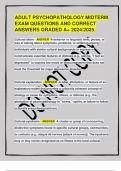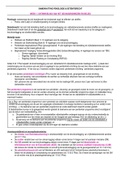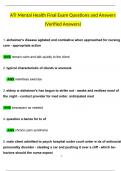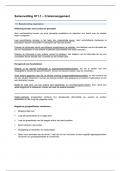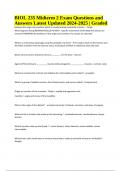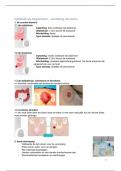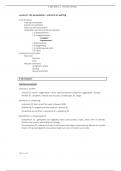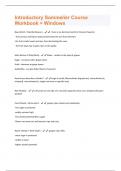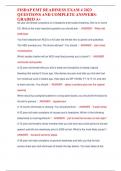Examen
ADULT PSYCHOPATHOLOGY MIDTERM EXAM QUESTIONS AND CORRECT ANSWERS GRADED A+ 2024/2025.
- Cours
- Établissement
ADULT PSYCHOPATHOLOGY MIDTERM EXAM QUESTIONS AND CORRECT ANSWERS GRADED A+ 2024/2025. Cultural idiom - ANSWER -A behavior or linguistic term, phrase, or way of talking about symptoms, problems, or suffering among individuals with similar cultural backgrounds to express or communicate essenti...
[Montrer plus]
